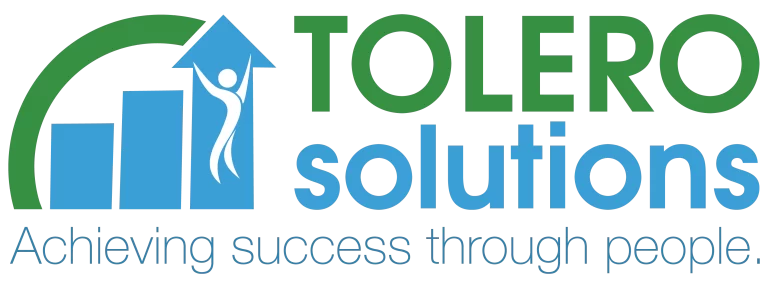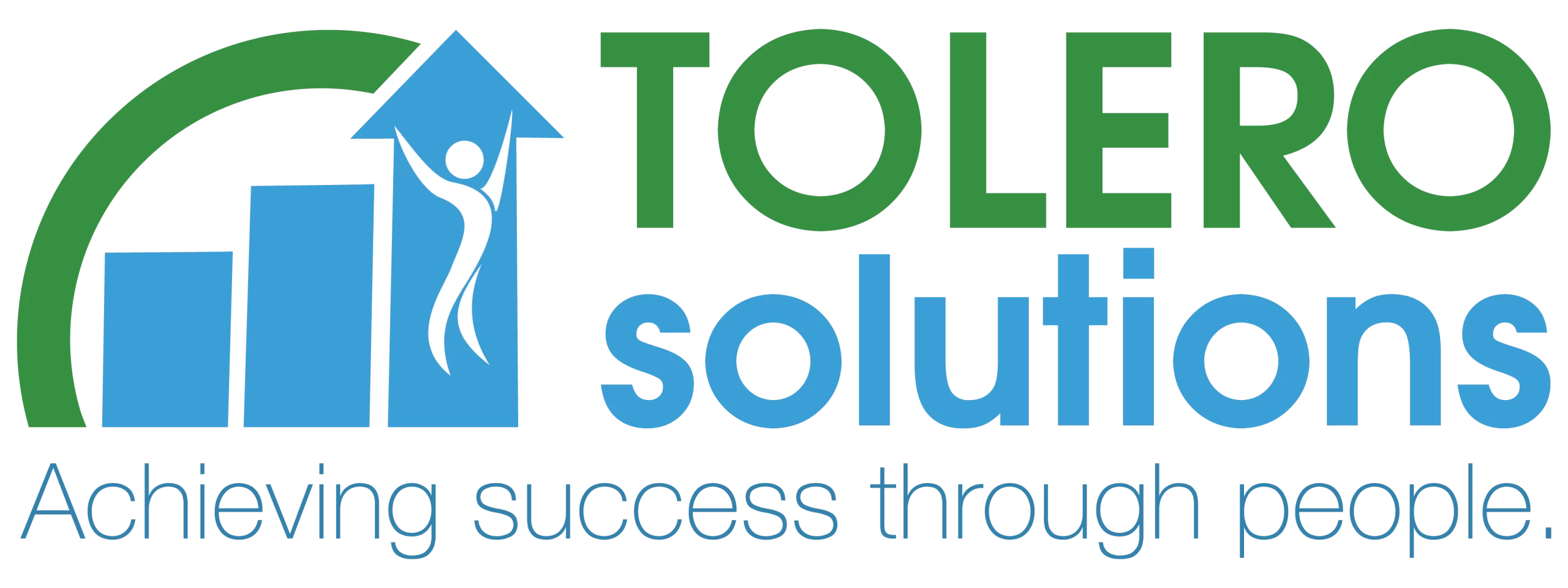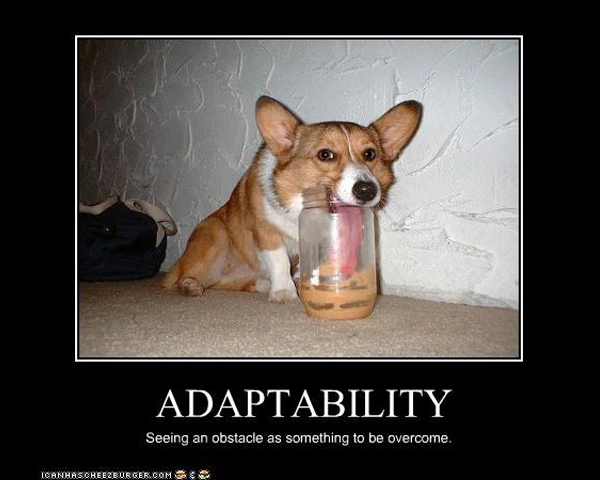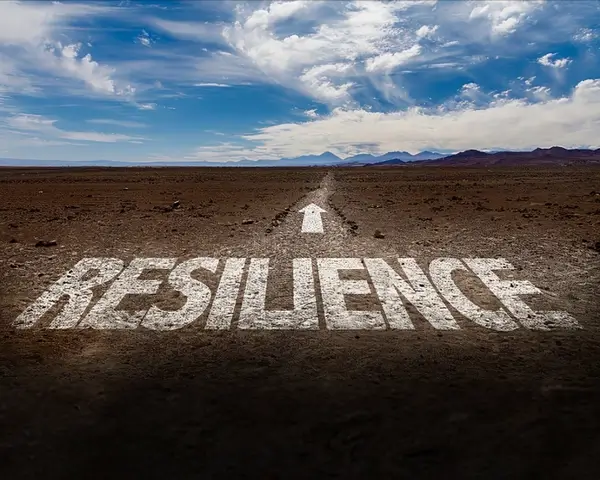As this year comes to a close it’s time to reflect and begin planning for the next year. The topic of goals and objectives arises frequently this time of year. Many organizations and individuals are updating their strategies and creating new goals for the New Year. Have you?
“Goals allow you to control the direction of change in your favor.” – Brian Tracy
So what are goals and why are they important?
A goal represents the “to be” state, not the action of getting to that state. Goals are the most important outcomes that need to be accomplished to achieve and maintain your personal vision and or the vision of your organization. Goals are derived from the vision statement and must be addressed through the objectives and establish the long-term direction for the work both personally and within an organization. In short, goals are the desired end result. As Stephen Covey says, it helps to “Begin with the end in mind.”
Goals should also decide the results that are wanted and needed and set a time frame for achieving results. Most importantly, goals must build in accountability and consequences for not achieving them. Performance measures are the best indicators of success in achieving goals and outcomes; they should be relevant and practical.
It helps to ask…do the goals:
- Capture the requirements of external and internal customers?
- Address improvements in the performance of the mission?
- Address individual improvements in performance?
- Emphasize the critical aspects of the organization?
- Tie to the strategic objectives?
Most leaders know that an effective strategic plan must contain measurable high-level goals and objectives, though goals should not only be high level organizational in nature. I am often asked by leaders who have a developed strategy, “why do my people need their own goals – we already have high level strategic organizational goals they are expected to meet?” My reply, goals tell you as an organization where you want to be and what you want to achieve – they do the same for your people. Employees must have organization and role-based goals and objectives, not only to help support the organization in achieving its strategy but also to see how the actions they take in executing their roles and responsibilities directly contribute to the broader organizational mission and vision.
In developing organizational and employee goals, it is important to ask, “Are we measuring the right things?” Program and project, departmental, and individual employee goals should align to and support organizational goals and objectives. If the workforce cannot see themselves and their actions tied to strategic and organizational goals, then those goals aren’t as likely to be achieved. Personal goals, incentives, and competencies should be aligned with the organization’s strategy. Without individual goals tied to specific roles and performance, it is difficult for employees to gauge the impact they are making through their work. It is also more difficult for them to see the WIIFM (what’s in it for me) for achieving a high-performance culture and a great customer experience. Without goals, it proves difficult to effectively measure, evaluate, and reward individual performance.
“My philosophy of life is that if we make up our mind what we are going to make of our lives, then work hard toward that goal, we never lose – somehow we win out.” – Ronald Reagan
Clear communication of goals and priorities is necessary for people to see how they are contributing to organizational success and why they are being measured and evaluated against specific goals. That communication and understanding creates a win/win for both the employee and the organization. For goals to truly increase accountability, they should include baselines. Baselines are time-lagged calculations that provide a basis for making comparisons of past performance to current performance. A baseline may also be forward-looking, such as when you establish a goal and are seeking to determine whether the trends show you’re likely to meet that goal. Measuring performance at a specific time establishes a baseline and provides the starting point for setting goals and evaluating future efforts and overall performance. This is true of organizational goals and personal goals.
Several questions to ask when developing and defining organizational goals:
- Does the goal support the mission?
- Does the goal represent a desired result that can be measured?
- Does the goal reflect a primary activity, a strategic direction, a strategic issue, or a gap in service?
- Is the goal challenging, but still realistic and achievable?
- Is there at least one key goal for each project and program, but not more than can be reasonably managed?
- Is the goal important to management?
- Is the goal important to the employee?
- Is the goal important to customers and stakeholders?
Tolero Solutions offers various frameworks and methodologies that can provide assistance with strategic planning and goal setting. As a matter of fact, I’ll be taking some time over the holiday break to apply some of those in setting my own personal and business goals for the next year!
Just as your final destination is as important as your journey, your goals are important to the success of your people and your business. They define your destination and shape where you and your business are headed and what you and your business will achieve. So, as you and your organization prepare, give some thought to where you want to be, how you’re going to get there, and how you’re going to measure success – set goals early and take one step closer to being set for success in the New Year!
After all, “If you don’t know where you are going, you might wind up someplace else.” – Yogi Berra
About Scott Span, MSOD, CSM: is CEO at Tolero Solutions. As a people strategist, leadership coach, and change and transformation specialist, his work is focused on people. Through his consulting and training work he supports clients to survive and thrive through change and transition and create people-focused cultures and a great employee experience. Through his coaching work, he supports people willing to dig deeper to identify and overcome what’s holding them back, change behaviors, accelerate performance and achieve their goals.
Email | Website | LinkedIn | Twitter | Blog | Facebook| YouTube | Instagram
*All Rights Reserved. Reproduction, publication, and all other use of any and all of this content is prohibited without the authorized consent of Tolero Solutions and the author.





